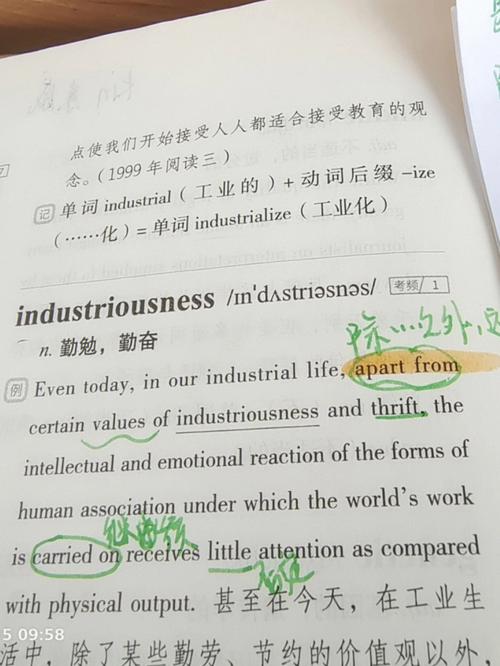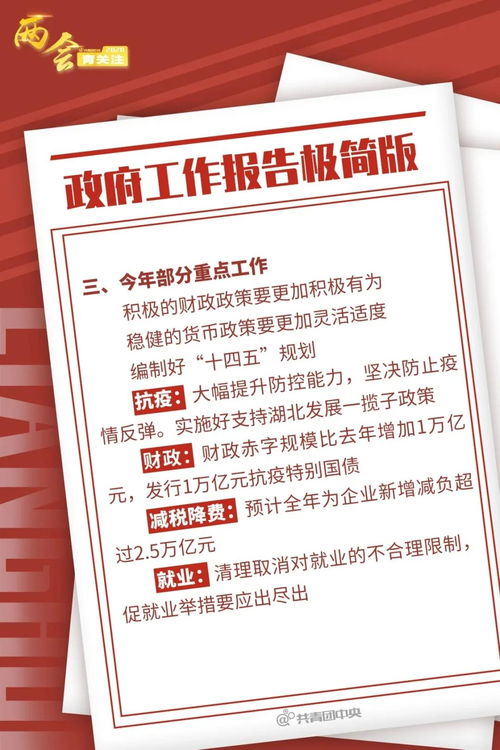EncouragementinEnglish:HowtoSay"加油"inDifferentContexts
In Chinese, the phrase "加油" (jiā yóu) is a versatile expression that can mean "add fuel" literally but is more commonly used to encourage someone, akin to saying "keep going" or "you can do it" in English. This article explores various ways to convey the sentiment of "加油" in English across different scenarios, ensuring that your words of encouragement are both appropriate and effective.
1. Understanding the Essence of "加油"
Before diving into translations, it's crucial to understand the essence of "加油." It's not just about physical fuel but about emotional and mental support. It's a rallying cry, a boost of confidence, and a reminder of potential. In English, this can be expressed in numerous ways depending on the situation and the relationship with the person being encouraged.
2. Everyday Encouragement
In daily conversations, when you want to cheer someone on, phrases like "You've got this!" or "Keep it up!" are common. For instance, if a friend is struggling with a task, you might say, "Don't give up, you're almost there!" These expressions capture the supportive nature of "加油" without being overly formal or intense.
3. Sports and Competitions
In the context of sports or competitions, "加油" is often heard as a chant to boost morale. In English, you might hear "Go team, go!" or "Let's go, [name]!" shouted from the sidelines. Athletes might also use phrases like "Dig deep!" or "Push through!" to motivate themselves and their teammates.
4. Academic and Professional Encouragement
When encouraging someone in an academic or professional setting, the language can be more formal. Phrases like "I believe in your abilities" or "You have the skills to succeed" can be very impactful. For someone facing a challenging project or exam, saying "Stay focused and give it your best shot" can provide the necessary boost.
5. Personal Challenges and Emotional Support
For personal challenges or emotional support, the tone of encouragement might need to be softer and more empathetic. Phrases like "You're strong enough to handle this" or "I'm here for you, and you can do this" can be comforting and empowering. In moments of doubt, reminding someone of their past successes with "Remember how you overcame [previous challenge]? You can do it again" can be particularly effective.
6. Cultural Nuances in Translation
Translating "加油" into English isn't just about finding the right words but also about understanding cultural nuances. In Englishspeaking cultures, directness is often valued, but so is sensitivity to the receiver's feelings. Tailoring your encouragement to the individual's personality and the specific situation is key.
7. Using Action as Encouragement

Sometimes, encouragement isn't just about words. Actions like a pat on the back, a thumbs up, or a supportive hug can also convey the spirit of "加油." In English, this is often referred to as "showing support" or "lending a helping hand."
8. Encouragement in Writing
When writing notes or emails, the way you encourage someone can vary based on the formality of the situation. A simple "Wishing you the best of luck!" can suffice in a casual email, while a more formal letter might include detailed expressions of confidence and support.
9. Encouragement for Personal Growth
For those seeking personal growth or overcoming personal obstacles, phrases like "Every step forward is progress" or "You're making great strides" can be motivating. These expressions acknowledge effort and progress, which is a key aspect of "加油."
10. Conclusion
The phrase "加油" encapsulates a deep sense of support and belief in someone's abilities. Translating this into English requires an understanding of the context and the relationship with the person being encouraged. Whether it's through words, actions, or a combination of both, the goal is to uplift and inspire, reminding them that they have the strength and capability to succeed.
By mastering the art of encouragement in English, you can effectively convey the spirit of "加油" in any situation, helping others to overcome challenges, achieve their goals, and reach new heights.











评论